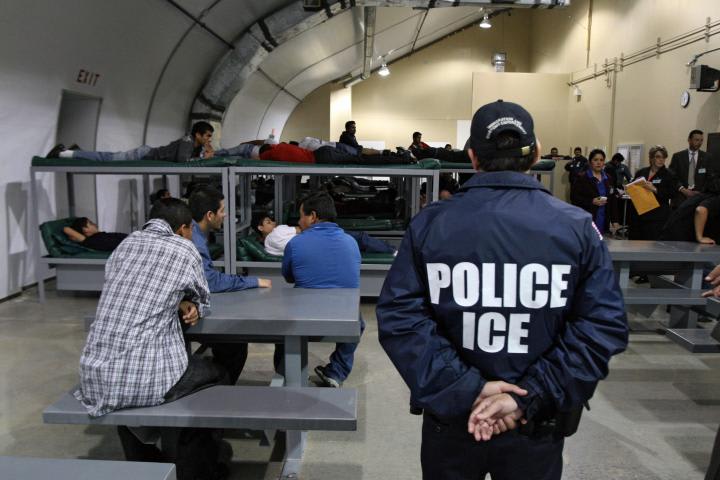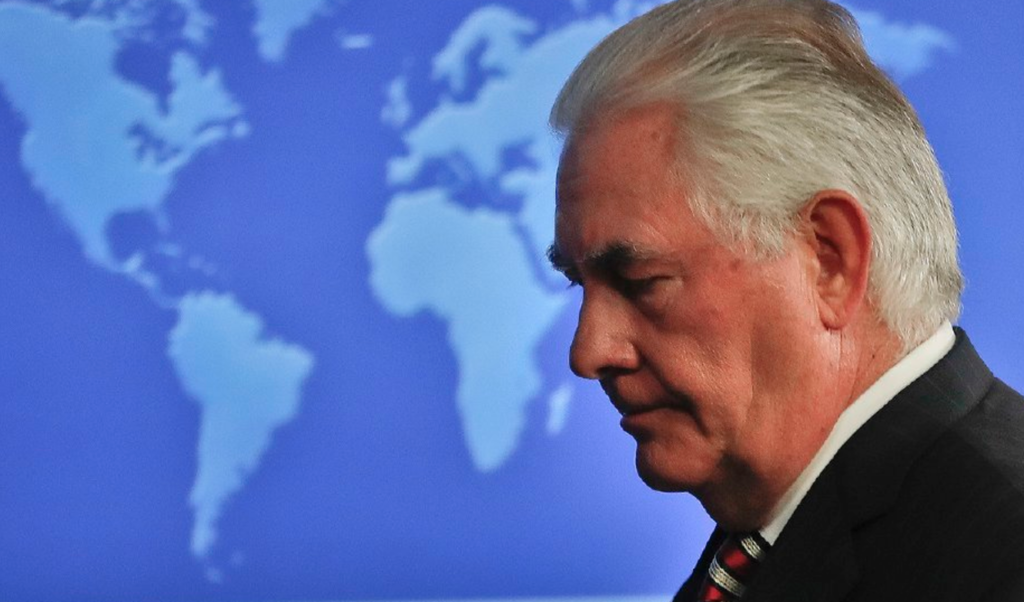The countries of Cambodia, Eritrea, Guinea, and Sierra Leona, have now been added to Trump’s persona-non-grata list. The current administrations had to impose visa sanctions to these countries, because they refused to take back their citizens who had been convicted of crimes in the United States prompting their deportation orders. No reports of what type of visas would be affected have been announced, but the restrictions will remain until the countries resolve their issues and start cooperating.
Homeland Security notified the state department, that the governments of these countries were delaying the return of their convicts and sometimes flat-out rejecting to take them back.

“International law obligates each country to accept the return of its nationals ordered removed from the United States,” claimed the acting secretary of Homeland Security, Elaine Duke. “Cambodia, Eritrea, Guinea, and Sierra Leone have failed in that responsibility.”
Officials claim that near to 700 Eritrean nationals in the United States are subject to final orders of deportation and over 1,900 Cambodian nationals (with 1,412 of them having been convicted for crime) undergoing the same process. Both countries are currently refusing to take back its citizens.
ICE officials claim to have been forced to release 2,137 Guinean and 831 Sierra Leone nationals, many of which faced serious criminal convictions.

This is not news for the Immigration and Custom Enforcement agency, it’s a recurring issue. ICE officials have complained that other nations purposely refuse to issue the necessary travel documents, a practice that forces the agency to release dangerous criminals in the United Sates, due to a Supreme Court ruling that in 2001 inhibited the U.S. government to detain immigrants indefinitely, due to them not having their country available to take them back.
This Supreme Court ruling has put ICE in awkward positions in the past. One of the most talked about cases happened back in 2012, when the agency was forced to release Jean Jacques, a Haitian immigrant who couldn’t prove his citizenship and was serving time for attempted murder. 3 years after his release, in June 2015, Jacques stabbed Casey Chadwick to death, a 25-year old woman from Connecticut. The man was later sentenced to 60 years in prison, but it doesn’t shake the fact that this situation could have been avoided if only Haiti would have cooperated with ICE authorities.
 However, President Donald Trump’s hard stance on illegal immigration can work in favor of the United States on this particular case, by his January enforcement of an executive order that directs the State Department and Homeland Security to suspend visas from countries that fail to cooperate with authorities when it comes to take back their citizens.
However, President Donald Trump’s hard stance on illegal immigration can work in favor of the United States on this particular case, by his January enforcement of an executive order that directs the State Department and Homeland Security to suspend visas from countries that fail to cooperate with authorities when it comes to take back their citizens.
These sanctions send a strong message to the nations que se hacen como que la virgen les habla.
“American citizens have been harmed because foreign governments refuse to take back their citizens,” claims ICE director Thomas Homan. “These sanctions will ensure that the problem these countries pose will get no worse as ICE continues its work to remove dangerous criminals from the United States.”
It’s worth noting that former President Barack Obama was made aware of this issue and even criticized for his lack of authority when it came to imposing visa sanctions to the countries that refused cooperation with American officials when it was time to deport immigrants with criminal convictions.
